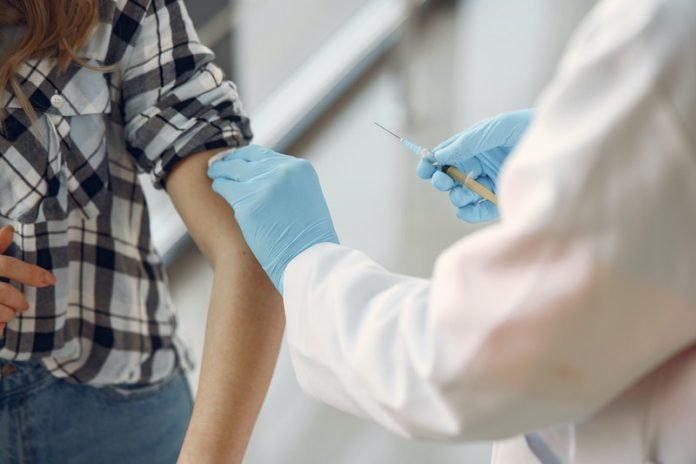
In a new study, researchers found that a vaccine candidate BCG:CoVac stimulated an immune response aimed to control virus infection in humans.
In mice vaccinated with BCG:CoVac, the vaccine-induced high levels of SARS-CoV-2-specific antibodies.
The role of these antibodies is to bind the virus and help eliminate it from the body. The vaccine also triggered a strong anti-viral response by T cells (a type of immune cell).
Both these types of immune responses are thought to be important to ensure clearance of the SARS-CoV-2 virus from infected individuals.
Importantly, the data also showed BCG:CoVac did not create high levels of inflammatory responses, which is a common barrier and concern in vaccine design.
The researchers are repurposing an existing tuberculosis vaccine to see if it can be used in a new way against COVID-19 to develop a novel vaccine.
The research was conducted by a team at the University of Sydney and Centenary Institute.
The vaccine candidate BCG:CoVac combines the vaccine for tuberculosis, Bacille Calmette-Guérin (BCG) with major components of the SARS-CoV-2 virus.
The SARS-CoV-2 virus is the pathogen that causes COVID-19 disease.
The team says these initial results are very promising. BCG:CoVac is making the type of immune response that we predict is needed to control SARS-CoV-2 infection in humans.
They are currently determining how well the antibodies generated after vaccination can ‘block’ the virus from infecting cells and thus provide protection from disease.
In BCG:CoVac, the BCG vaccine is used as a vehicle to deliver distinctive proteins that originate from the SARS-CoV-2 virus surface.
The goal is for the human immune system to develop a memory of SARS-CoV-2 and develop immunity.
There is currently a global interest in the BCG vaccine, which is being investigated in ongoing clinical trials as a possible intervention to protect vulnerable people during the COVID-19 pandemic.
This is because of suggestions the BCG vaccine has other beneficial effects on the immune system that could protect against other infections.
A 2019 observational study reported the vaccine is related to fewer deaths from certain infections other than from TB in low-income countries.
However, current COVID-19 related studies only test the protective effects of the BCG vaccine by itself.
The team says combining a part of the SARS-CoV-2 virus with BCG is key to this new vaccine.
This provides a specific ‘memory’ immune response against the virus that could provide long-term protection against disease.
Their on-going studies will determine how long the immune response lasts after vaccination in animal models. This is important information for future human testing of the new vaccine.
One researcher of the study is Professor Jamie Triccas, from the School of Medical Sciences, Faculty of Medicine and Health.
Copyright © 2020 Knowridge Science Report. All rights reserved.



